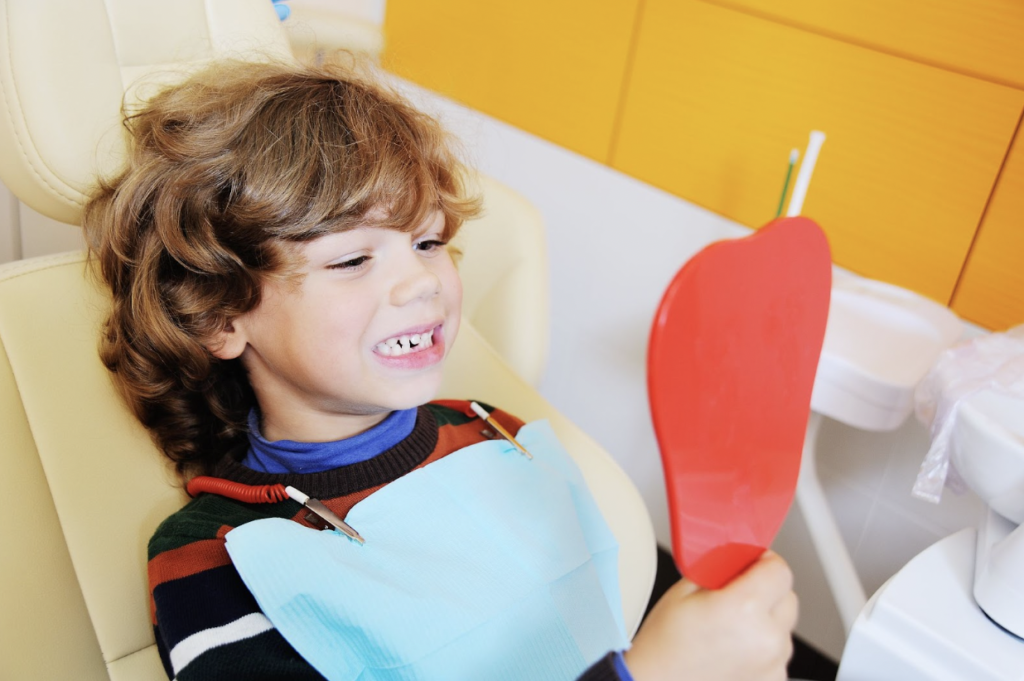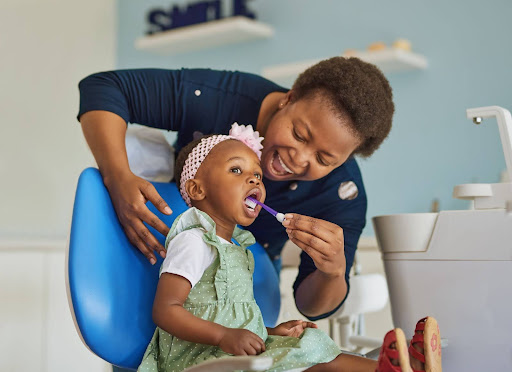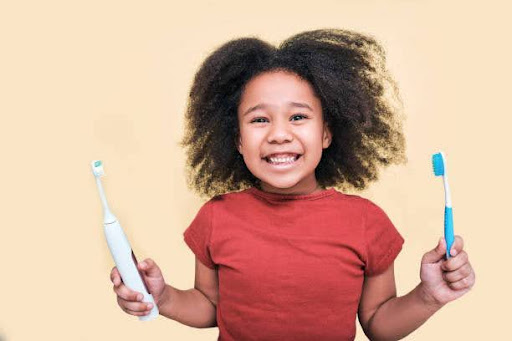
Introducing your child to new experiences should be a joyous adventure, and that includes visits to the dentist. At Capitol Hill Pediatric Dentistry, we’re dedicated to making every dental appointment a delightful experience for both you and your child. Here’s how we transform dental visits into exciting adventures:
Explore the World of Dentistry Rather than dreading the dentist, we encourage you to frame each visit as a learning opportunity. Help your child understand that the dentist is a friendly doctor who cares for their teeth and ensures their smiles stay healthy and bright. Watch as their curiosity blooms, turning uncertainty into genuine interest in the fascinating world of oral health.
Engage with Simple Explanations Children are more receptive than we often give them credit for. Whether discussing the importance of sunscreen or the necessity of a warm jacket, kids can grasp the significance of various topics. Enlighten them about dental visits, brushing, and flossing in simple terms, instilling in them a sense of responsibility for their own well-being and beautiful smiles.
Enjoy Fun-Filled Visits Our dental team specializes in welcoming children with open arms and bright smiles. We understand the importance of creating enjoyable experiences during appointments. With your active participation, we turn routine visits into interactive and educational sessions, laying the groundwork for a lifetime of optimal oral health and cherished memories.
Celebrate the Smile As your child leaves our office beaming with pride, take a moment to celebrate their excellent behavior. Reward their positive experience with special one-on-one time, reinforcing the idea that dental visits can be both rewarding and enjoyable.
Rest assured, your child’s well-being is our top priority. If you have any questions or concerns, our team at Capitol Hill Pediatric Dentistry is here to provide unwavering support and guidance.
With these engaging strategies, every visit to our office becomes an exciting adventure, fostering positive associations and nurturing a lifetime of fantastic oral health for your child. Feel free to reach out to us at any time – we’re here to make every step of this journey a joyful one with Pediatric Dentist Capitol Hill!








